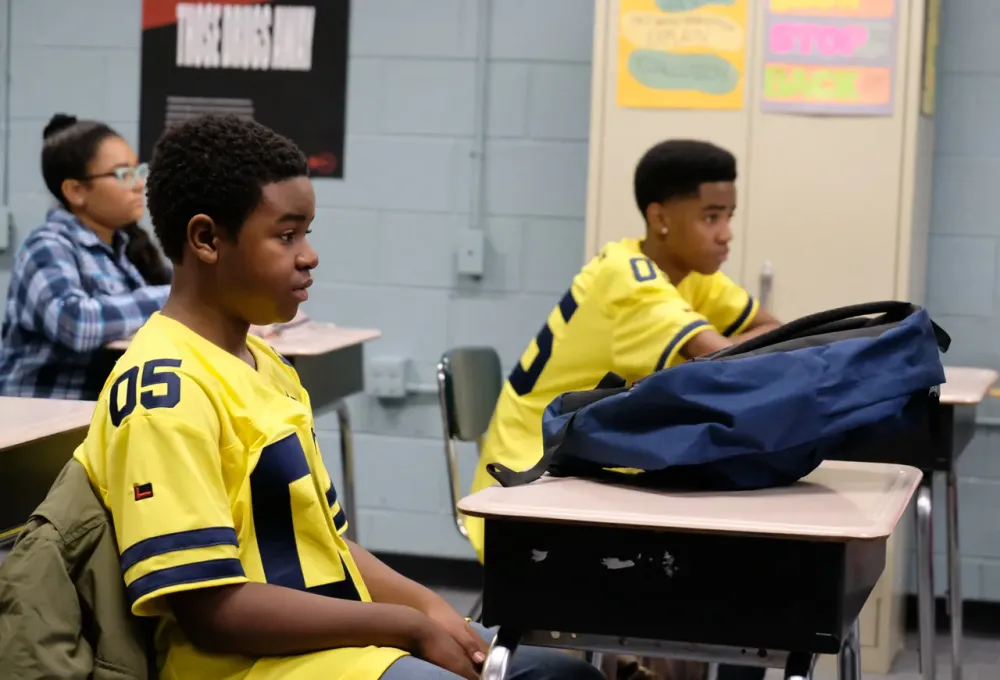Remember when you'd get torched in school for wearing knockoff Reeboks from Payless Shoes? Or that one time you mistakenly sported fake FUBU, to the ridicule of your peers?
Those materialistic times, it seems, haven’t been inherited by Gen Z. These days, influencers are breaking brand-loyalty norms with videos trumpeting their knockoff finds, affectionately dubbing them "dupes" (as in duplicates, not as in "you've been duped," but that does come into play later).
As reported in a Washington Post style article, Instagram and TikTok content makers as well as bloggers are getting juice out of finding low-cost substitutes for clothes and accessories worn by celebrities, like a Hailey Bieber-style dress at almost 90 percent off its $1,950 retail cost or an Alexander McQueen knockoff of a coat that looks like one worn by Kate Middleton for thousands less. This extends to furniture and home goods, as well—there are social media communities and websites devoted to exposing white label merchandise, which is often sold by third-party brands at wildly varying prices.
"It's a humblebrag to have a dupe," a cosmetology instructor told The Post, in a strange sentence that would have gotten a person burned at a stake for witchery just a few hundred years ago.
@kellystrackofficial Drugstore makeup dupes you need to try! Been loving the new @elfcosmetics lash n roll mascara #fyp #makeup #beauty #makeupdupes #dupe #dupes ♬ original sound - Kelly Strack
A good dupe, according to these influencers, is one that fools everybody around you into thinking you own something more expensive than it is, and that doesn't fall apart or fit badly after you order it. That's where some viewers run into trouble. As explained in the story, some fans of these influencers may order the suggested item only to find it's terribly made and hard to return, such as a woman who ordered some faux-leather pants only to realize they were way too small and would have cost $35 to return—the same price as the pants. “I couldn't even get a leg into what the waist was," said Melissa Boufounos, a 33-year old Ottawa resident who bought bad pants but gained valuable new life knowledge.
Related: Are You Too Old For TikTok?
Which brings us back to our painful childhood, filled with mail-order scams and well-intentioned grandma purchases from the flea market. What's an intentional knockoff, something meant to skirt copyright and be fake as hell (a "Praada" purse, a "Rolix" watch) versus a dupe that is trying to create a well-made bargain version of something everybody wants?
The Post story says that's where things get fuzzy. Dupe is a fluid term that applies to all these things. Relying on influencer videos makes it very hard to tell if the online tester has really given an item a quality examination or if they're just trying to get attention for a too-good-to-be-true deal.
Buyer beware, of course; check the return policy before you send money anywhere for dupes, lest you dupe yourself.
More From LEVEL:
